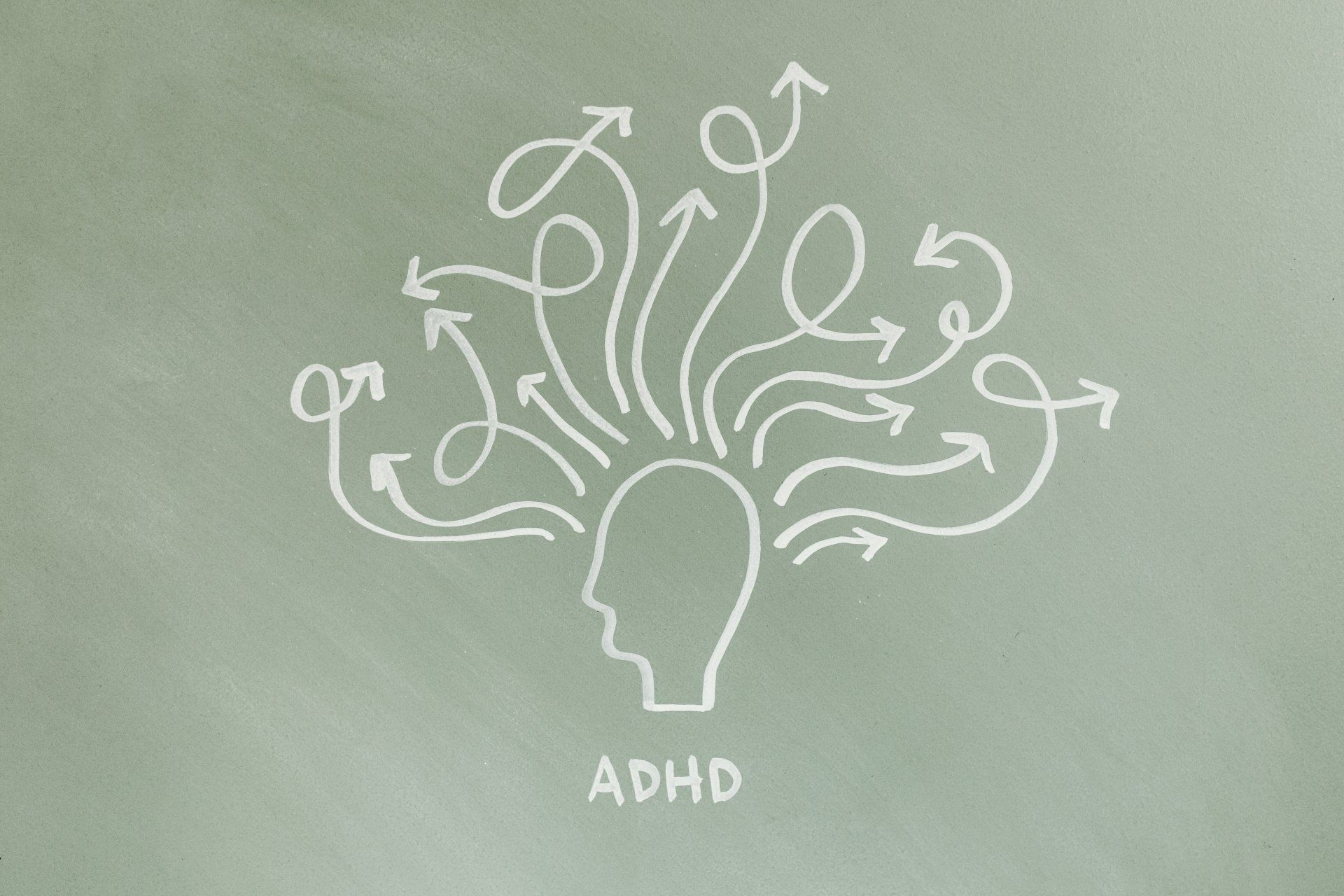Features of ADHD
This section describes the key features of ADHD. This includes an often overlooked and misinterpreted feature: difficulty regulating emotions.
The ADHD Brain
ADHD is associated with lower levels and utility of the neurotransmitters dopamine and noradrenaline. Dopamine is closely associated with reward, motivation, emotional regulation, memory, and learning.
We all naturally need dopamine – especially when engaged in tasks that require sustained concentration. When we understand the role of dopamine in the brain, then we can understand why children and young people with ADHD can be highly distractible, constantly seeking new stimuli and experiences and presenting with difficulties with activities that they are not particularly interested in.


Difficulties with Attention
- Careless mistakes and lack of attention to detail
- Continually starting new tasks before finishing old ones
- Poor organisational and time management skills
- Inability to focus; zoning out in conversations and finding it hard to listen
- Struggling to follow instructions
- Continually losing or misplacing things
- Forgetfulness
- Easily distracted from tasks
- Procrastinating particularly with tasks requiring sustained effort
Schedule your free consultation today.
Take the first step toward clarity and empowerment. Schedule your free pre-assessment call and lets work toward a focused and fulfilling life
Hyperactivity and Impulsivity
You might struggle with...
- Fidgeting with hands or feet, or squirming in chair and difficulty staying seated
- Inner restlessness and a need to move around
- Easily bored
- Constantly rushing around
- Difficulties with socialising:
- Difficulty keeping quiet
- Blurting out responses, and poor social timing when talking to others
- Frequently interrupting conversation
- Difficulty waiting turns
- Difficulty maintaining relationships
Difficulty Regulating Emotions
- Emotional response that is out of proportion to the given cause
- Struggling to calm down
- Low tolerance to frustration
- Feeling overwhelmed by your emotions
- Difficulty in controlling anger






